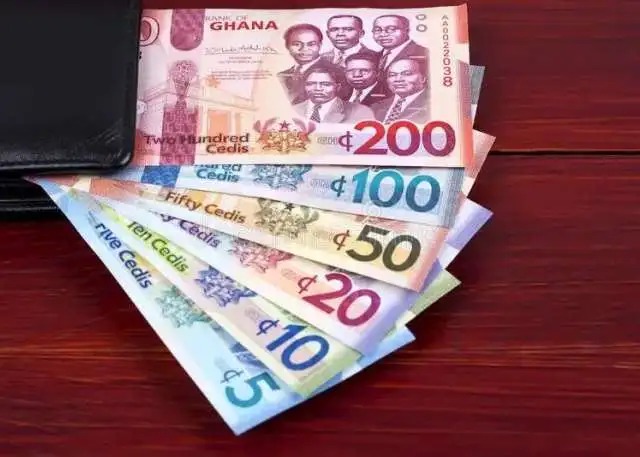Ghana’s currency has shown significant appreciation against major trading currencies, prompting cautious optimism among citizens and businesses.
As of late May, the cedi traded between 10.29 and 10.3 per U.S. dollar, a sharp recovery from 15.3 cedis to the dollar at the start of 2025, according to Bank of Ghana data.
Lord Appiah-Dankwa, head of a trader association in Accra, noted the stronger cedi reduces business costs: “We need fewer cedis to trade internationally, lowering prices for imports and petroleum products.” He cautioned that short-term losses may occur for holders of old stock but emphasized the need for “stability and sustainability” in exchange rates.
Bank of Ghana Governor Johnson Asiama attributed the rally to tight monetary policy, fiscal consolidation, record foreign reserves ($10.1 billion), and stricter forex market oversight. Year-to-date, the cedi gained 24.1% against the dollar, 16.2% against the pound, and 14.1% against the euro, contributing to a 2.6-percentage-point decline in inflation.
President John Mahama linked the currency’s strength to reduced debt burdens, citing a ₵150 billion debt decrease over five months. He projected Ghana could lower its public debt-to-GDP ratio to below 55% by year-end—three years ahead of schedule—if trends continue. Government measures include spending cuts, tax reforms, and regulated gold trade to bolster reserves.
Currency appreciation can ease inflation and debt servicing costs in import-dependent economies but requires sustained stability to benefit businesses long-term.
